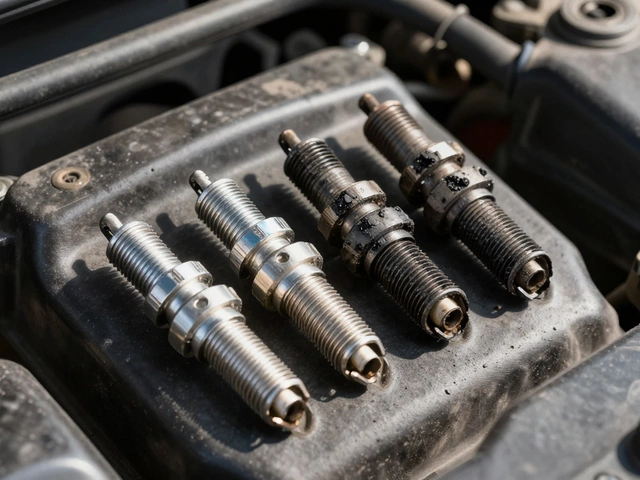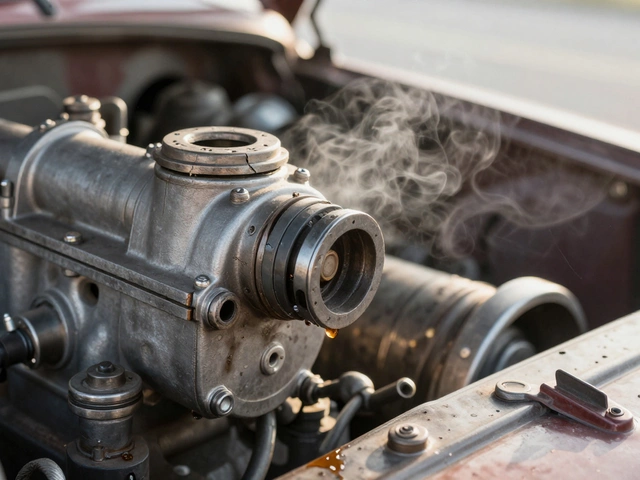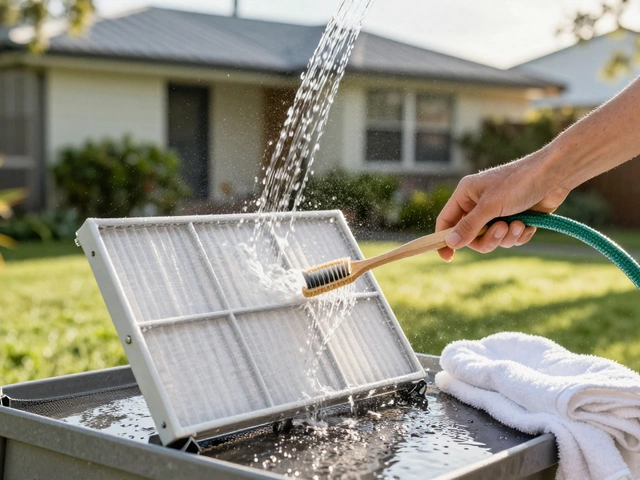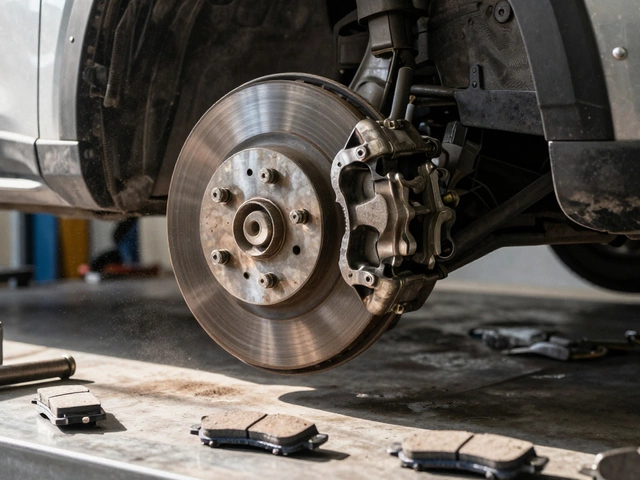Knocking Noise in Your Car: What It Means and How to Fix It
If you hear a rhythmic thump while driving, you’re not alone. A knocking noise can pop up in any car, and while it’s easy to ignore, it often signals something that needs attention. Ignoring it might lead to bigger problems, higher repair bills, or even safety issues. Below we break down the most common reasons for that noise and give you a step‑by‑step way to find out what’s wrong.
Common Causes of a Knocking Sound
First, think about where the sound is coming from. Is it low‑down near the engine, or higher up near the suspension? Here are the usual suspects:
- Engine knock (detonation) – A pinging or knocking that happens under load, usually when you accelerate. It’s often caused by low‑octane fuel, bad timing, or carbon buildup in the combustion chamber.
- Rod bearing wear – A deep, metallic knock that gets louder as you rev the engine. Worn bearings let the connecting rod move too much.
- Piston slap – A sharp, high‑pitched knock when the engine is cold. It’s caused by the piston rocking in the cylinder bore.
- Loose or damaged suspension parts – If the knock comes when you hit a bump, check ball joints, control arm bushings, and sway bar links.
- Exhaust leaks – A ticking knock that changes with engine speed can be a small leak in the exhaust manifold or a cracked pipe.
Knowing the pattern helps you narrow the field quickly.
Steps to Diagnose and Repair
Now that you have a list, try these simple checks before calling a shop.
1. Note when it happens. Does the noise appear only under acceleration, at idle, or when going over bumps? Write down the RPM range and gear.
2. Check the fuel. If you suspect engine knock, fill up with the highest octane fuel your car recommends. If the knocking stops, the issue was likely fuel quality.
3. Listen with a stethoscope or screwdriver. Place the tip on various engine parts (valve cover, intake manifold) while the engine runs. The spot that gets loudest is where the noise originates.
4. Inspect the oil. Low or dirty oil can cause bearing wear. Pull the dipstick, look at the level and color. If it’s low or gritty, change the oil and filter.
5. Examine the suspension. Jack up the car safely, spin each wheel, and check for play in the sway bar, tie‑rod ends, and ball joints. Tighten or replace any loose components.
6. Look for exhaust cracks. With the engine cool, run your hand along the exhaust pipe and manifold. Feel for hot spots or gaps. Small cracks can be welded or the section replaced.
If any of these checks point to a serious issue—like rod bearing wear or a major exhaust leak—don’t try a DIY fix. Those jobs need professional tools and expertise.
For most owners, the easiest win is to keep up with regular oil changes, use the right fuel, and tighten any loose suspension bolts during routine maintenance. Doing that cuts down on knocking noises and keeps the car running smoother.
Got more specific questions about a knocking sound you’re hearing? Browse our recent articles on engine health, exhaust upgrades, and suspension troubleshooting—they’re packed with real‑world tips and easy‑to‑follow guides.

Car Engine Oil Sounds: What to Listen for When Your Car's Low
Car engines have a way of telling you when they're running low on oil, and the sounds aren't exactly pleasant. This article breaks down what noises to watch out for before serious damage happens. You'll find plain explanations, examples of specific sounds, and tips on catching oil-related engine trouble early. If you've ever wondered what a dry engine really sounds like, read on. Understanding these warning signs can save you a ton in repair bills.
CONTINUE READING








